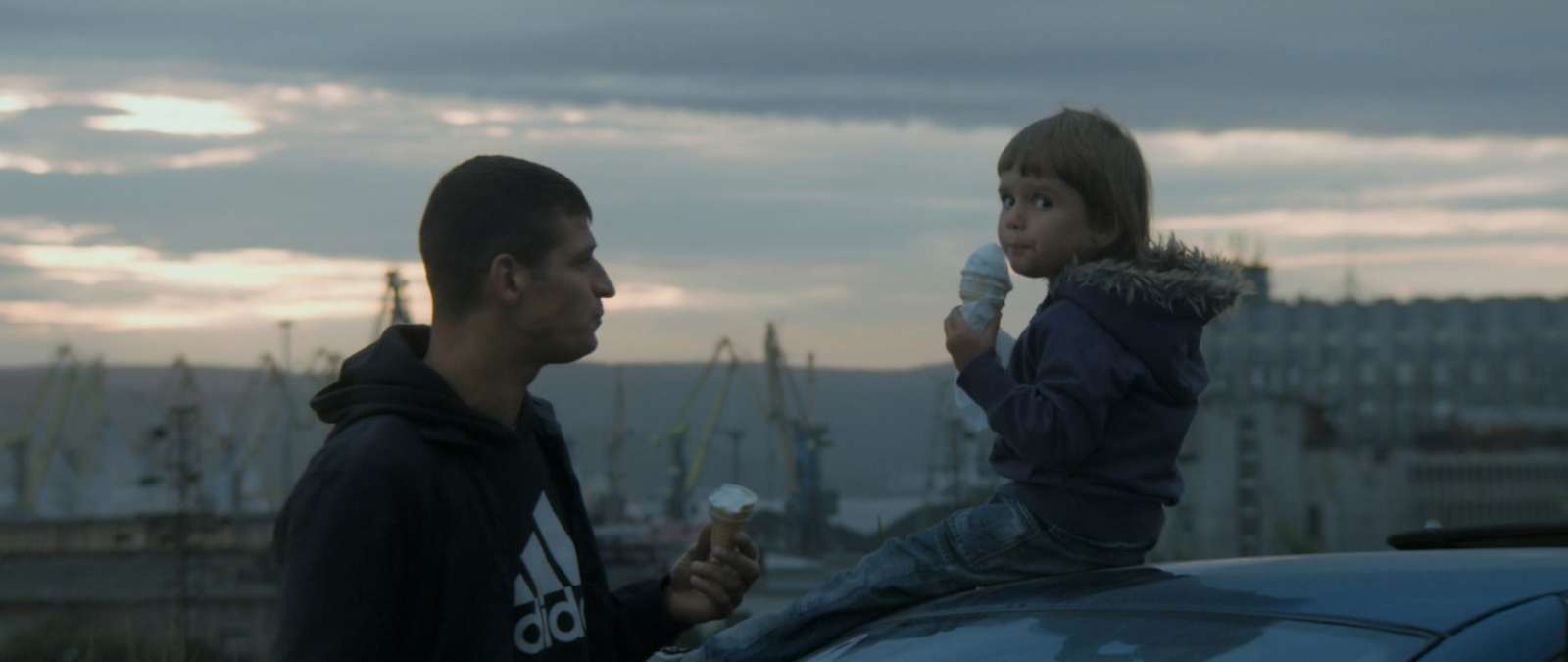Other Zones,
Film program curated by Vladimir Nadein

“Other Zones” is the title of the film program curated by co-founder and director of MIEFF (Moscow International Experimental Film Festival) Vladimir Nadein for the Russian Federations’ pavilion. Inspired by the notion of “zone” as represented in Tarkosky’s cult film Stalker, the program consists of a series of bi-weekly online screenings that investigate how alternative ideas of collectivity can emerge in compartmentalized societies or geographies„ specifically considering current forms of (self-imposed and enforced) isolation. Movies are a representative selection of a young generation of Russian filmmakers.
- Exile Exotic by Sasha Litvintseva (2015)
Two decades after the fall of the Iron Curtain, many of the former communist countries are taking architectural measures meant to erase the communist experience and drag them closer to an idealized inter-war past. At the same time, the “West” is witnessing a growing nostalgia for an utopian “Eastern” past that never existed. This manifests itself as a new demand for ruin porn: abandoned buildings, derelict infrastructures and abandoned ambitions. At a spectrum opposite to ruin porn, but within the same vein, are the replicas of historic buildings. The retro-futurist ruins and the bold new retrograde Disneylands go hand in hand. Both devoid of the past meaning, they turn symbols into accessories for consumer experience. “Exile Exotic” revolves around such a building; namely Antalya, a hotel that represents an apolitical, decontextualized replica of the Kremlin. This is the pretext for a series of reflections about the historical symbols’ trajectory outside of history, the politics of borders as well as the role of architecture, place and identity in configuring the idea of motherland.
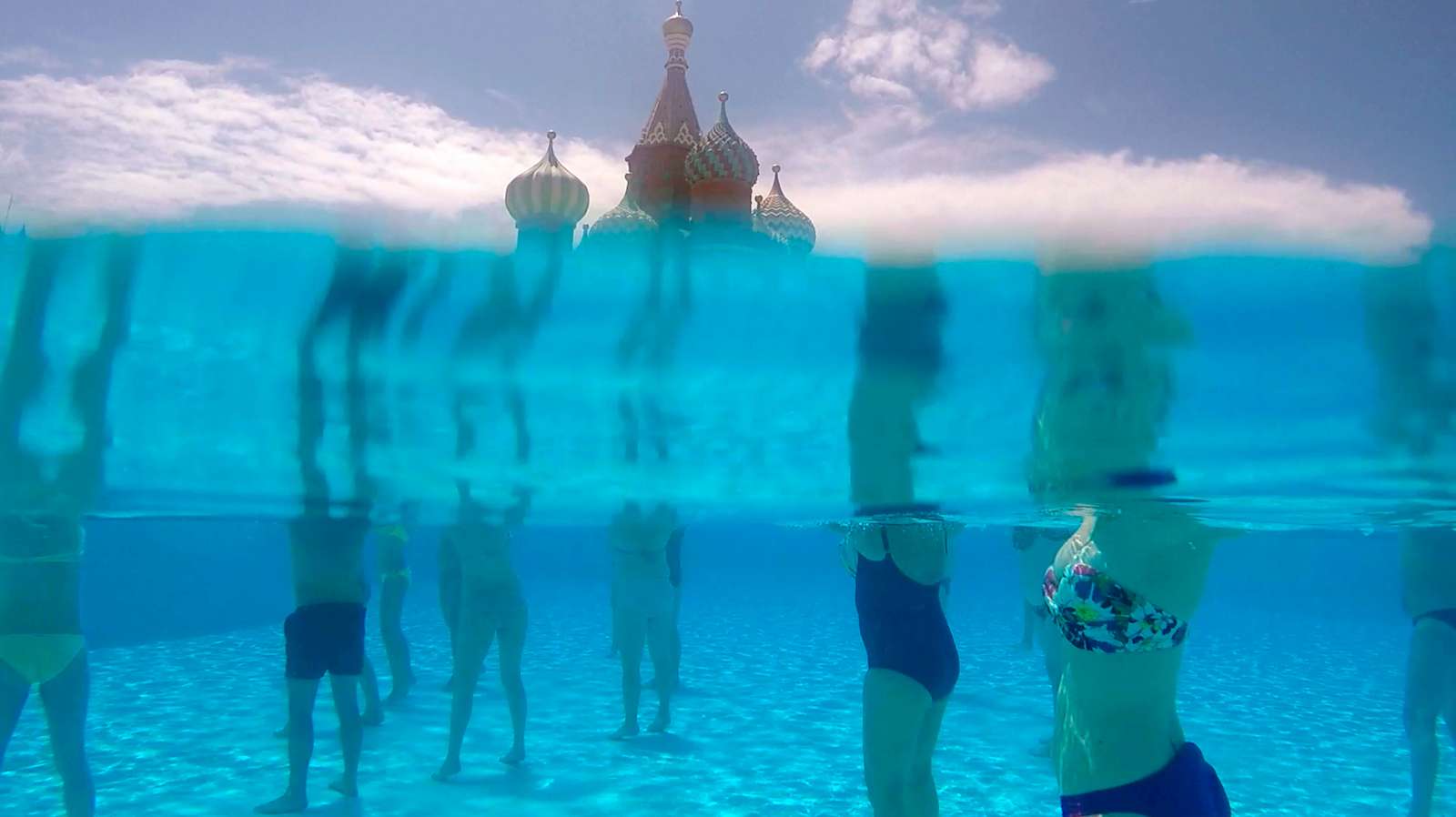
- Transnistra by Anna Eborn (2019)
“Transnistra” (without the penultimate “i” in the territory’s name) is a dreamy documentary that focuses on the daily lives of six teens. Tanya plays the field with her male friends while she has a boyfriend abroad. She takes the boys into nature or to dilapidated tower blocks for brief trysts or to have good company. Combined with sensual music, Eborn’s intimate shots suggest this idyll is fleeting. Life is extra evanescent in a non-existent country.
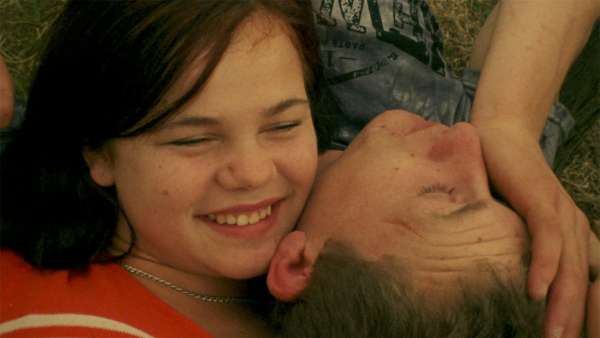
- Quicksilver chronicles by Sasha Kulak and Ben Guez (2019)
In a fearless battle against conformity, the brilliant and volatile Kate Woods and her brother Kemp resettle in an abandoned California mining camp, conjuring the zeal of the ghost town’s past inhabitants. While homesteading duties are eased by fervent discussions with their old friend Tommy about politics, art, and existence, a new challenge arises: facing their own ghosts.

- Life of Goreslav Chuzhdozemniy by Vladimir S., Evgeny E., Greht and Ivan Shestov (2019)
The movie centers on the life of a depersonalized dropout existing beyond epochs in a timeless loop.This is the story of a solitary war taking various forms ranging from off-season work in the fields to outright and savage rebellion. The story of a war waged simultaneously in both the external and internal territories, blurring the boundaries between them in the dreams and visions of a madman.
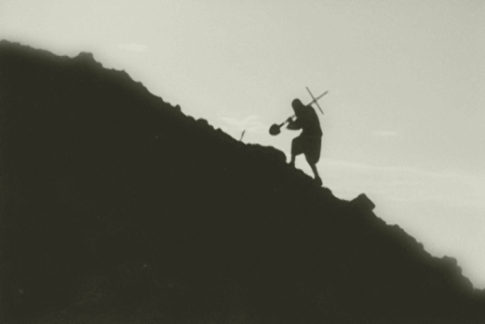
- Immortal by Ksenia Okhapkina (2019)
The film, set in a north-western industrial town in Russia, reveals the mechanisms that entice human beings to voluntarily become a resource to the state. Can a person ever be free in an imperialist society, where intricate and obscure structures take control of their mind-set from an early age? The film looks at the making of a Russian citizen from a fresh angle. The director’s subtle but demanding look reveals “the system” at work in the most benign-looking situations, in all aspects of the everyday. What happens to people’s free will and self-determination in such conditions? The film is a Nietzschean treat, asking the core existential question: is a human being ever born free?
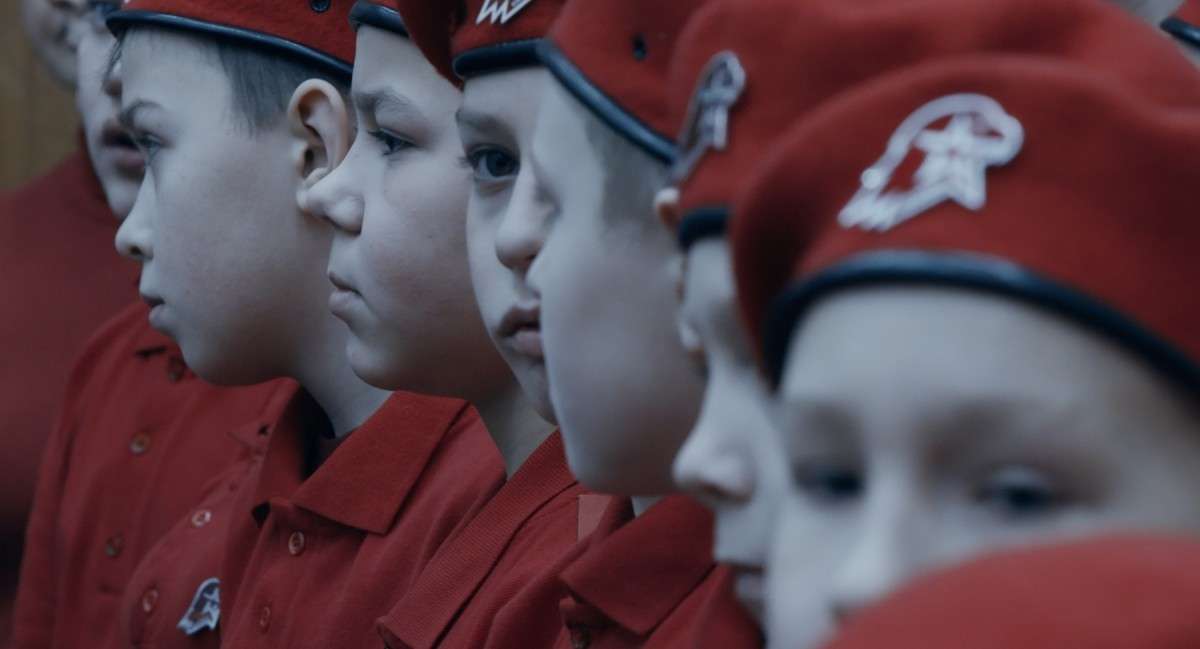
- Procedure by Polina Kanis (2017)
In The Procedure (2017), Polina Kanis takes a fictional museum building as the starting point for her meditations on collectivity and division. Lying in ruins after an unknown disaster, any attempts to ascertain what has happened to the building elicit the same response from the people interviewed: “I saw nothing.”
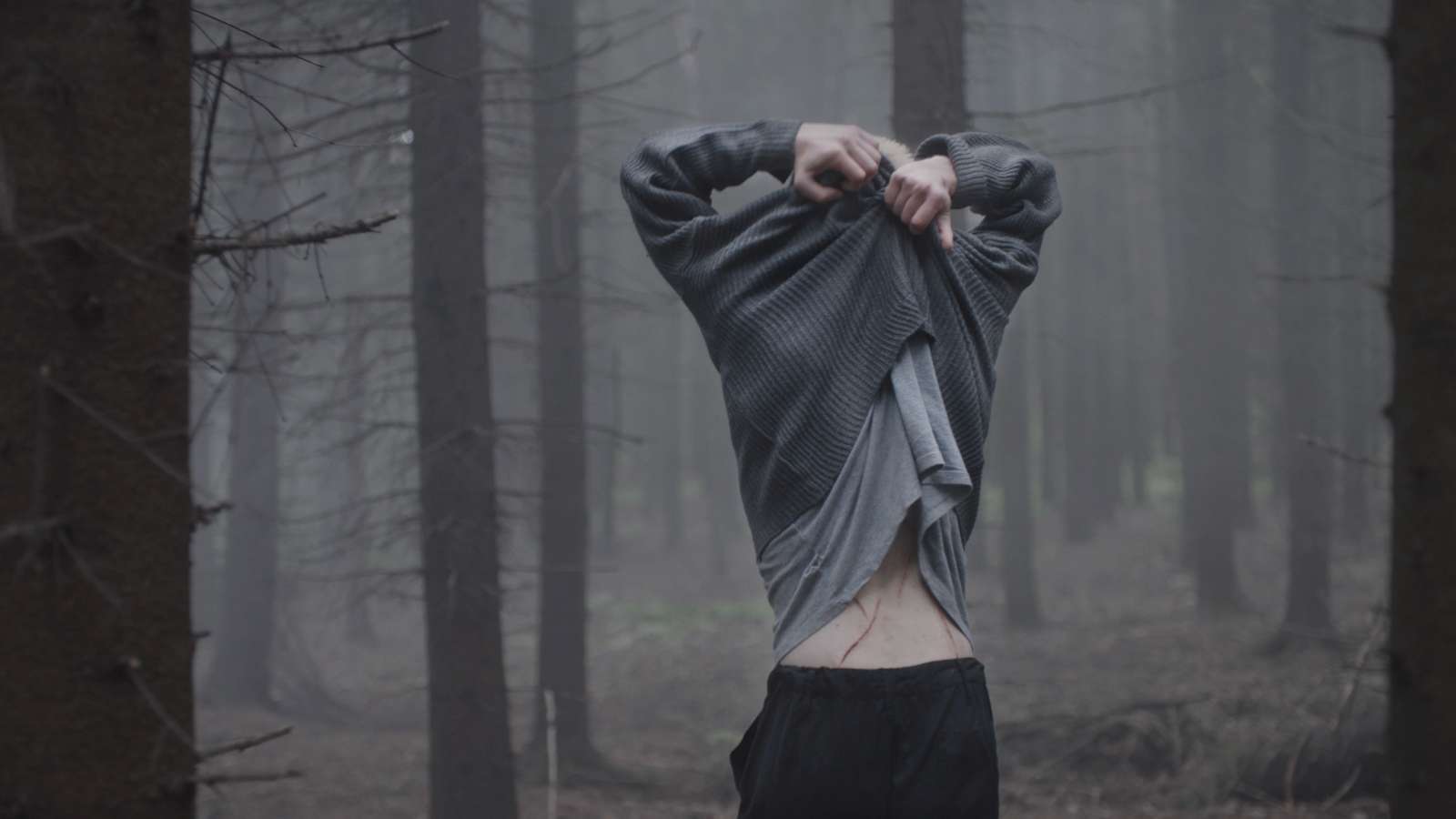
- Froth by Ilya Povolotsky (2019)
From the Barents Sea, a chill wind seems to blow constantly across a semi-deserted town at the edge of the world. Nevertheless, a little community holds out here. In a flawlessly filmed portrait of this extraordinary place, the theme linking the residents is their determination to chart their own course.
